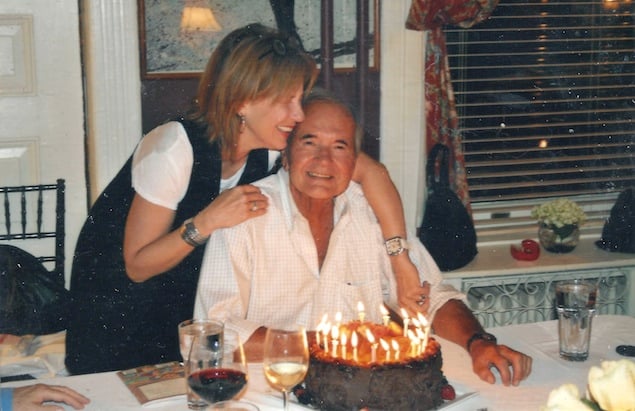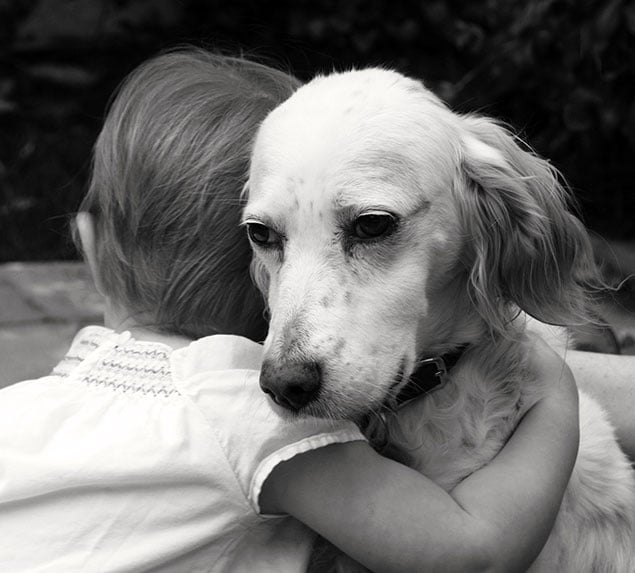My husband, Ethan, and I got into food right around the time we had enough money to eat well. When we tied the knot, our registry was filled with kitchen gear: heavy-bottomed pots and pans, a stand mixer, a mortar and pestle. Ethan’s favorite saying is, “If a thing’s worth doing, it’s worth doing right,” and he took cooking in our home to the next level. Soon, he was making whole snapper baked in a salt dome, homemade pasta, beef-heart tacos, vanilla-bean panna cotta, buttermilk pie. He experimented with cuisines from French to Thai to Southern. I’m a lucky wife.
When friends suggested Ethan audition for a cooking show, we laughed it off—until one of those shows hosted tryouts near DC. Despite never having seen the program (unfortunately, legal reasons prevent me from saying which show we’re talking about), we thought auditioning would be a fun experience. What we didn’t expect was to stand outside in line for eight hours, hungry and cold, but excited.
Ethan made it to the next round. And the next and the next and the next—a screen test, a 20-page application, a psych test, a background check, a physical exam. He agreed to 100 pages’ worth of rules and contracts that an attorney-friend said he wouldn’t have signed in a million years.
Months after the initial audition, the final contestants were selected, and Ethan was one of them. This meant he would go to California to cook for the high-profile judges on camera. It also meant that, if he was selected to continue, he could be gone for two months. And he would be allowed no contact with the world outside of the show during that time. No cell phone, no email, no Facebook, no Skype. No contact with me, his parents, or his employer.
It took a bit of soul searching and even more creativity with our finances, but we decided to give it a shot. I dropped Ethan off at Dulles airport early on a Saturday morning, kissed him goodbye for what could be two months with no communication, and cried all the way home.
But I’m a survivor. I wiped my tears, went to yoga, cleaned the grout between our kitchen tiles, walked the dog, and went out to dinner with a girlfriend in Dupont Circle.
Things were different in Ethan’s world. He was randomly assigned a roommate and basically put under house arrest inside a hotel room with no key. Producers would escort him and the other contestants to meals—ironically, usually fast food—and to the studio. He watched countless episodes of The West Wing that week. And luckily, he hit it off with his roommate, a fellow foodie and one of the only other contestants without an over-the-top attitude or a made-for-TV, tear-jerker backstory. Good thing, since they were spending 24 hours a day together.
On set, the contestants waited for 13 hours each day for their turn to cook. With just one crummy catered meal a day and, don’t forget, no distraction devices like cell phones, the exhausting filming process began to take its toll. Reality show contestants aren’t union members; there are no standards for their treatment, and stress makes for good, dramatic television.
Other contestants cried, begged, cheered, strategized, and cooked their hearts out. The competitors had just a one-in-five chance of being selected, so it was mostly crying. Food would sit for upwards of an hour between being cooked and being tasted by the judges. And when Ethan’s turn finally came, the judges complained that his dish was cold and sent him home.
He didn’t cry. He didn’t beg. He was ready to return to the Beltway. After months of tryouts and the heartache of potentially being apart for eight weeks, he ended up being gone for just eight days.
Would he do it again, knowing what we now know about reality-show production? No. But if he hadn’t gone through the process, we would have been left wondering: Could he win a big monetary prize (not that it would come close to paying off our student loans and mortgage)? Could he become a celebrity chef? Would he even want to?
In the end, Ethan lived up to his motto—he decided this was worth doing and gave it his best. It just wasn’t good enough for reality television. And I’m okay with that.
The author remains anonymous so that her next article won’t be titled I Got Sued By a Reality Show.









